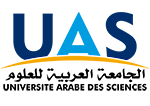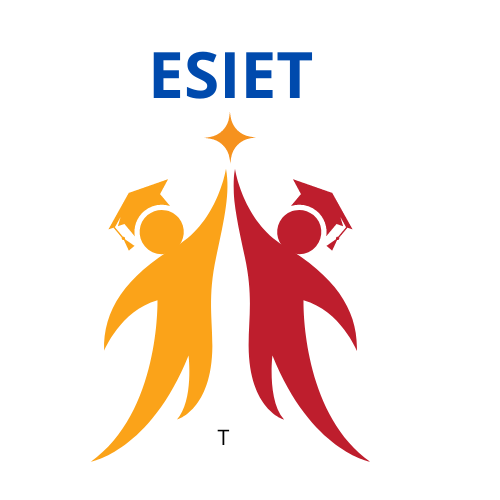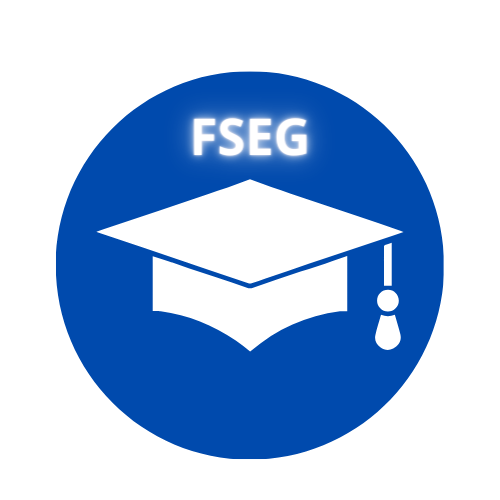[vc_row] [vc_column] [vc_column_text]
Training objectives
Mathematics training in the scientific preparatory class has two objectives:
- The acquisition of a solid background of knowledge and methods allowing in particular to pass from the intuitive perception of certain notions to their appropriation, in order to be able to use them at a higher level, in mathematics and in other disciplines. This degree of appropriation presupposes mastery of the course, that is to say of the definitions, statements and demonstration of the theorems appearing in the program.
- The development of skills useful to scientists, whether they are engineers, researchers or teachers, to identify the situations with which they are confronted, identify the best strategies to resolve them, take decisions with sufficient hindsight in a complex context.

To meet this dual requirement, and in continuity with the high school mathematics programs, the preparatory class programs define a body of knowledge and skills, and explain six major skills that a well-designed mathematical activity can develop:
- Engage in research, implement strategies: discover a problem, analyze it, transform it or simplify it, experiment on examples, formulate hypotheses, identify particularities or analogies.
- Model: extract a problem from its context to translate it into mathematical language, compare a model to reality, validate it, criticize it.
- Represent: choose the framework (numerical, algebraic, geometric, etc.) best suited to dealing with a problem or representing a mathematical object, switching from one mode of representation to another, changing registers.
- To reason, to argue: make inductive and deductive inferences, conduct a demonstration, confirm or invalidate a conjecture.
- Calculate, use symbolic language: manipulate expressions containing symbols, organize the different stages of a complex calculation, carry out an automated calculation by hand or using an instrument (calculator, software, etc.), check the results.
- Communicate in writing and orally: understand mathematical statements written by others, write a rigorous solution, present and defend mathematical work.
[/ Vc_column_text] [/ vc_column] [/ vc_row]




